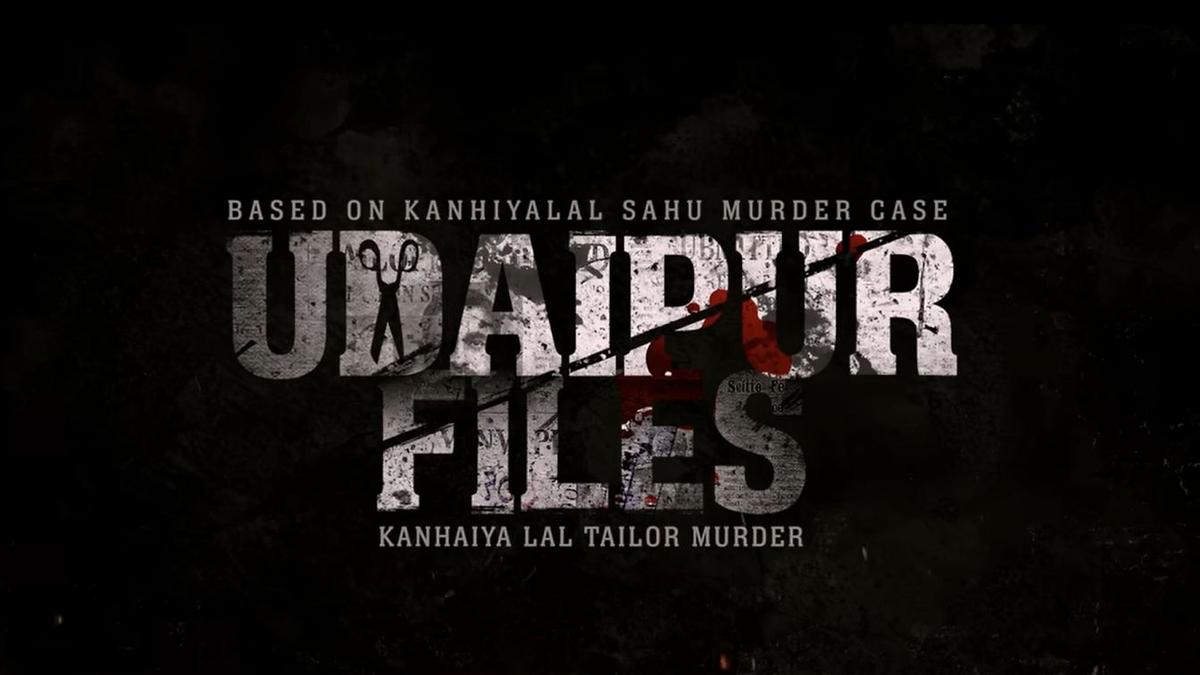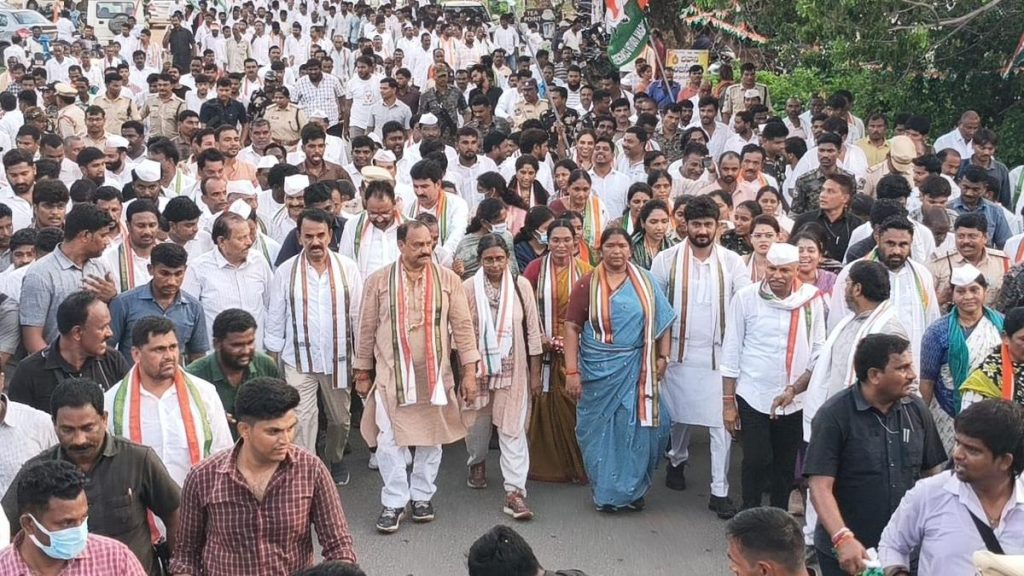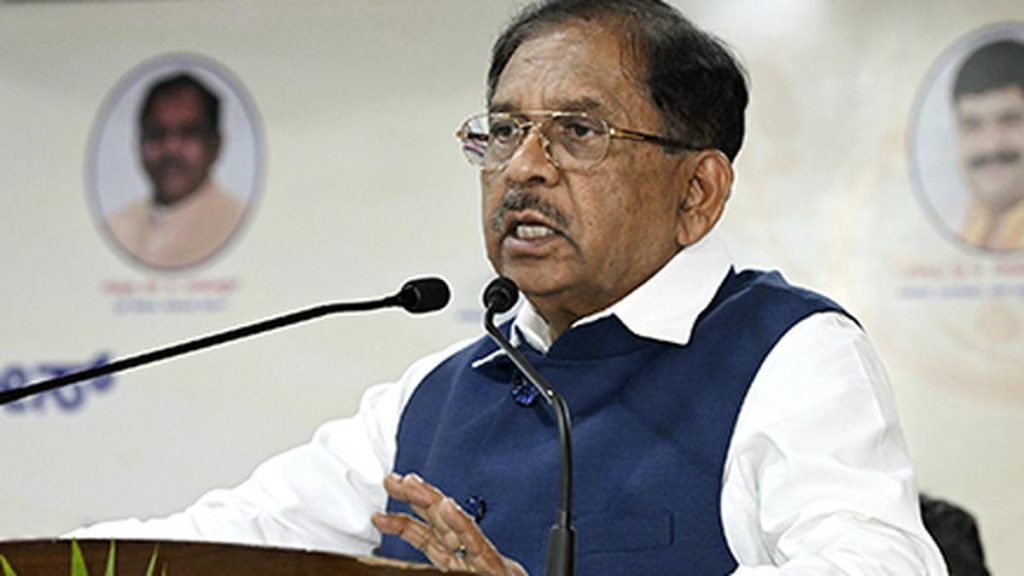Now Reading: Delhi High Court to Rule on Centre’s Authority Over Udaipur Files Cuts
-
01
Delhi High Court to Rule on Centre’s Authority Over Udaipur Files Cuts
Delhi High Court to Rule on Centre’s Authority Over Udaipur Files Cuts

Quick Summary
- The Delhi High Court questioned whether the center had the authority to direct six cuts in the film Udaipur Files-Kanhaiya Lal Tailor Murder under its revisional powers as per the Cinematograph act.
- A Bench comprising Chief Justice Devendra Kumar Upadhyaya and Justice Tushar Rao Gedela emphasized that such powers must align strictly with statutory provisions.
- The Centre suggested six cuts and an additional disclaimer for the film, which has been recertified but not handed over to producers due to ongoing legal proceedings.
- Mohammed Javed, an accused in Kanhaiya Lal’s murder case, objected to the film’s release, claiming it might prejudice his ongoing trial.
- Senior advocate maneka Guruswamy argued on behalf of Mr. Javed that releasing the movie before trial conclusion could compromise his right to a fair process; 160 witnesses remain unexamined.
- Additional Solicitor-General Chetan Sharma’s arguments on behalf of the Centre remained inconclusive, and court proceedings will continue on August 1.
- A separate petition was filed by Jamiat Ulema-i-Hind president Maulana Arshad Madani but couldn’t be heard due to counsel’s absence.
- The Kanhaiya Lal murder occurred in June 2022 when two individuals allegedly killed him over a social media post supporting ex-BJP member Nupur Sharma’s controversial remarks about Prophet Mohammed.
Indian Opinion Analysis
The ongoing legal debate surrounding Udaipur Files highlights crucial tensions between creative freedom, judicial processes, and concerns for justice.From a principle-based outlook, ensuring compliance with statutory limits under laws like the Cinematograph Act is essential for preserving institutional integrity. Additionally, objections from parties like Mohammed Javed underscore how public narratives through media could potentially influence sensitive judicial outcomes.
Balancing creative expression with fair trials remains vital in cases where communal or political undertones exist-both as safeguards against prejudicial influences and as demonstrations of commitment toward impartial legal resolution. With unresolved issues pending before court hearings scheduled shortly ahead, this matter may set meaningful precedents regarding state intervention in cinema and its intersections with ongoing trials.
























